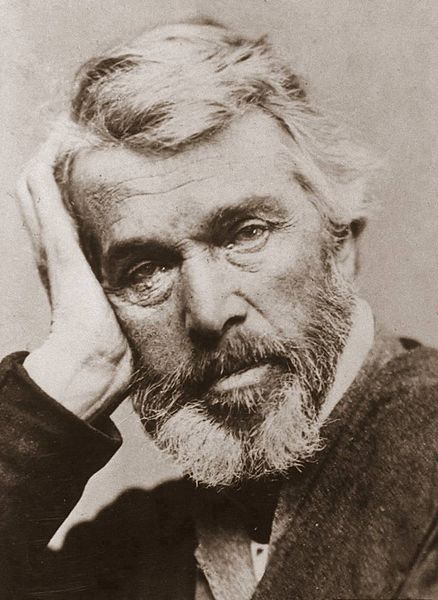httpv://www.youtube.com/watch?v=JTEuj4kOCmc
James Joyce’s birthday and the anniversary of the first publication of Ulysses just passed. Here’s the 1967 film adaptation of the novel that was censored, reviled and made undistributable by an X rating; it was not even approved for general release in Ireland until 2000. That lack of wide distribution means that this is an absolutely pristine print, the images as crisp as they were forty years ago — a reminder of how lost is the art of black and white film making.
Frye in “Quest and Cycle in Finnegans Wake”:
An association is implied between Stephen and Icarus, and in some respects Ulysses is a version of the fall of Icarus. Stephen, an intellectual of the type usually described as in the clouds or up in the air, comes back to Dublin and in his contact with Bloom meets a new kind of father, neither his spiritual nor his physical father but Everyman, the man of earth and common humanity, who is yet isolated enough from his society to be an individual too, an Israel as well as an Adam. Stephen approaches this communion with a certain amount of shuddering and distaste, but the descent to the earth is clearly necessary for him. Traditionally, however, the earth is Mother Earth, and what we are left with is a female monologue of a being at once maternal, marital, and meretricious, who enfolds a vast number of lovers, including Bloom and possibly Stephen, and yet is narcist too, in a state of self-absorption which absorbs the lover. (CW 29, 110)
Continue reading →
